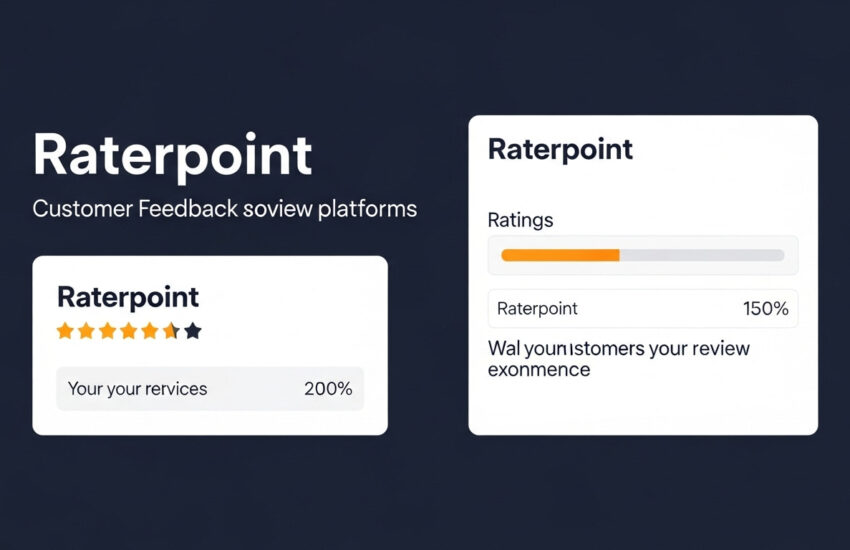Skypessä: Skype’s Impact on Global Digital Communication
Introduction
The world of communication changed forever when Skype came into existence. Whether it’s keeping in touch with loved ones across borders or hosting virtual business meetings, Skype has become an essential tool.
The platform gave rise to the term “Skypessä,” particularly popular in Finland, which encapsulates the essence of connecting through Skype.
Today, we’ll explore how Skype revolutionized digital communication and continues to play a pivotal role in modern interactions.
Read More: Halo (2003) Game Icons Banners: Combat Evolved
What is Skype?

Skype is a telecommunications application that offers video chat, voice call services, and instant messaging.
Launched in 2003 by Estonian developers Ahti Heinla, Priit Kasesalu, and Jaan Tallinn, Skype became an instant hit because it allowed people to make free voice and video calls over the internet.
It bridged gaps in global communication, connecting people in a way that was previously unthinkable.
From personal conversations to international business meetings, Skype was a trailblazer in digital communication.
Read More: Tñacuache: A Deep Dive Into Opossum
The Birth of Skypessä
The word “Skypessä” is derived from the Finnish word “Skypessä,” which means “on Skype” or “in Skype.”
It’s often used to describe the act of communicating through Skype, representing the platform’s ubiquitous presence in everyday conversations.
In Finland, this term became synonymous with online communication itself, reflecting how deeply Skype penetrated daily life.
Read More: Wellhealthorganic Buffalo Milk Tag: A Nutritional Product
Evolution of Skype Over the Years
From its early iterations, Skype has continuously evolved. When it was first released, it was primarily a voice communication platform.
The introduction of video calling marked a breakthrough, allowing users to see the person they were talking to in real time.
Over the years, Skype introduced new features like group video chats, screen sharing, and file transfer.
In 2011, Microsoft acquired Skype for $8.5 billion, further enhancing its capabilities and integrating it into Microsoft’s ecosystem.
Read More: Unlocking the Magic of Divijos: A Journey Through Tradition and Unity
Skypessä and Digital Communication
Skype’s introduction made digital communication accessible and affordable for millions. It was one of the first tools that enabled real-time video communication across long distances, democratizing digital interaction.
The rise of video conferencing, now a staple in personal and professional settings, owes much to Skype’s pioneering platform.
It made long-distance relationships more bearable and allowed businesses to connect with partners worldwide without the hefty costs of traditional phone calls.
Read More: Albino-Monkey.net Travel Archives: Essential Travel Tips
Skypessä During the COVID-19 Pandemic
When the COVID-19 pandemic hit in 2020, Skype usage surged. The platform became a lifeline for people in lockdown, enabling friends and family to stay in touch, businesses to keep running, and educators to connect with students.
Although Skype had new competitors, like Zoom and Microsoft Teams, it remained a trusted and widely used communication tool during those uncertain times.
Virtual classrooms, weddings, and even medical consultations were held “Skypessä,” showing its adaptability and importance in a socially distanced world.
Read More: Meet The Press s76e46: Dive into American Politics 2024
Features That Make Skypessä Stand Out
Skype has continually introduced features that make it stand out in the crowded digital communication market. Some of its most popular features include:
- Skype to Phone: Allows users to call landlines and mobile phones from the Skype app.
- Screen Sharing: Perfect for presentations, remote work, and technical support.
- Instant Messaging: Apart from calls, Skype also supports text chat, file transfers, and image sharing.
- Skype Translator: Breaks language barriers by translating conversations in real-time.
These features provide flexibility for both personal and professional users, allowing them to communicate efficiently and effectively.
Read More: Picnob: Instagram Story Viewer and Downloader
Skype vs. Competitors
In recent years, other platforms like Zoom, Google Meet, and Microsoft Teams have emerged as strong competitors in the video conferencing market.
Each offers unique benefits, but Skype still maintains its appeal due to its simplicity and extensive feature set.
While Zoom became a household name during the pandemic, Skype’s integration with Microsoft’s suite of products offers businesses a seamless experience, especially for those already invested in the Microsoft ecosystem.
Read More: XVIF: The Future of Digital Interactions
The Impact of Skype on Business Communication
Skype has fundamentally changed how businesses operate. With its ability to host virtual meetings, provide instant messaging, and integrate with productivity tools, companies have been able to streamline communication both internally and externally.
International businesses have saved thousands of dollars by cutting down on travel costs, as remote meetings became the norm.
Case studies from companies like IKEA and Boeing have highlighted how Skype has transformed their global communication strategies, making it easier to collaborate across borders.
Read More: Ceylan Eye Cream Reviews: The Famous Anti-Aging Product
Skypessä in Education
Education was another sector profoundly impacted by Skype. The platform has enabled distance learning and global classroom exchanges.
Educators have used Skype to bring in guest speakers from across the world, connect with students in other countries, and enable students to collaborate on international projects.
One of Skype’s most popular educational programs, Skype in the Classroom, allows students to take virtual field trips and participate in cultural exchanges without leaving the classroom.
Read More: Scimitar Drum: A Comprehensive Overview
How to Use Skypessä Effectively
To get the most out of Skype, it’s essential to utilize its features effectively. For personal use, ensure you have a stable internet connection and make use of Skype’s instant messaging for quick updates.
In a business context, using screen sharing during presentations and recording important meetings for future reference are key best practices. Additionally, Skype’s file-sharing feature can enhance collaboration during meetings.
Read More: Why MBA Is the Right Choice for Experienced Professionals-Notesmama?
The Role of Skype in Remote Work
As remote work becomes more commonplace, Skype has played a key role in maintaining team connectivity.
It allows employees to stay in touch with their teams and conduct virtual meetings regardless of location.
The platform’s cross-device functionality means workers can communicate from desktops, tablets, or smartphones, ensuring flexibility.
While other tools like Slack and Teams are also popular, Skype’s familiarity and simplicity make it a go-to tool for many remote workers.
Read More: BL_FaceLess: The Hidden Power Behind Digital Innovation
Future of Skypessä and Digital Communication
Looking ahead, Skype is expected to continue adapting to the ever-changing landscape of digital communication.
With innovations like AI-based transcription, improved audio and video quality, and better integration with productivity tools, Skype aims to remain relevant.
The future of digital communication will likely see more AI-driven features, enhanced security protocols, and more immersive experiences like virtual reality meetings—areas where Skype is already making strides.
Read More: Asseturi: The Ultimate Solution For Asset Management 2024
Skype and Privacy Concerns
With the rise of digital communication comes an increased focus on privacy. Skype has addressed these concerns by implementing end-to-end encryption for its calls and messages, ensuring that conversations are secure.
Additionally, Skype offers tools that allow users to block unwanted contacts, control who can call or message them, and protect their personal information.
Read More: Google SEO Xiaoyan: Secrets of Google’s Latest Algorithm Update
Conclusion
Skype has undeniably transformed the way we communicate. From humble beginnings to becoming a global communication platform, Skype has left a lasting mark on both personal and business interactions.
The term “Skypessä” encapsulates the platform’s impact, symbolizing the new era of virtual communication.
As we move forward, Skype’s role in digital communication will continue to evolve, adapting to new technologies and societal needs.
Read More: DigitalNewsAlerts: Stay Informed in the Digital World 2024
FAQs
1. What does “Skypessä” mean?
“Skypessä” is a Finnish term meaning “on Skype” or “in Skype,” referring to communication taking place through Skype.
2. How is Skype different from other communication platforms?
Skype offers unique features like Skype to Phone, screen sharing, and real-time translation, setting it apart from competitors like Zoom or Teams.
3. Is Skype still relevant in today’s digital world?
Yes, despite new competitors, Skype remains a widely used platform, especially due to its integration with Microsoft products and its familiarity.
4. Can Skype be used for large meetings?
Yes, Skype can host video meetings with up to 100 participants, making it suitable for large team discussions and events.
5. What are the privacy features of Skype?
Skype ensures secure communication with end-to-end encryption and offers tools to block unwanted contacts and manage privacy settings.



